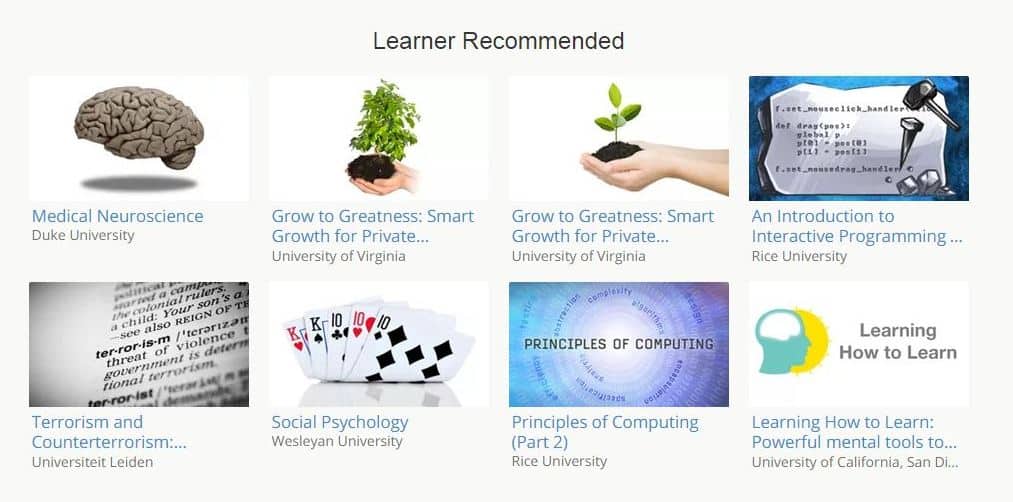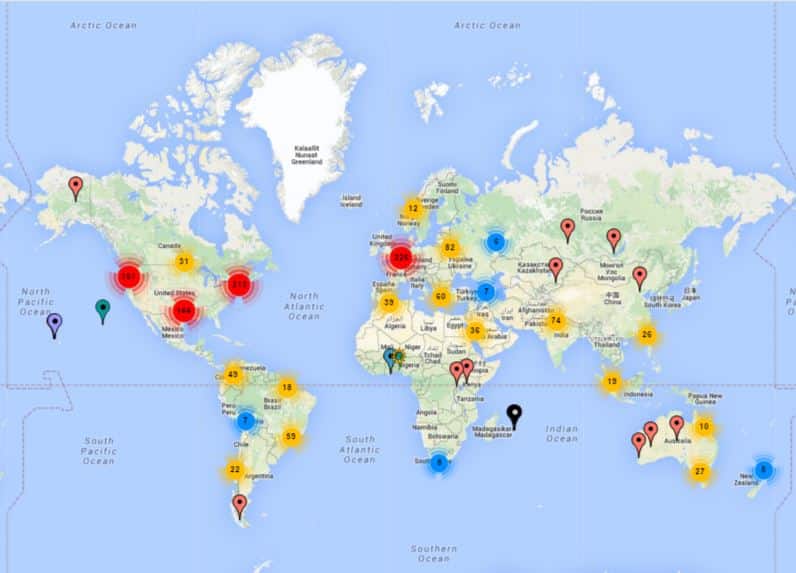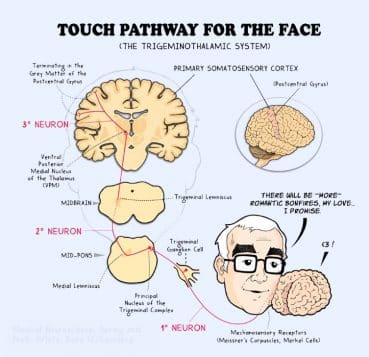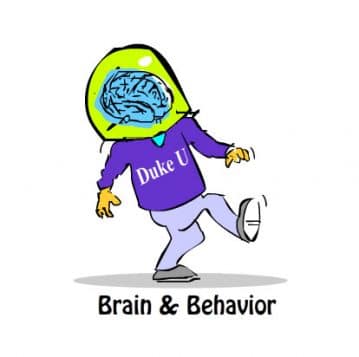Review the course

You have a chance to recommend the course to other learners. That is you can review the course Medical Neuroscience on a course review site. That way you can make clear to potential learners that this free course has great quality and depth. Because good reviews help students to find the course it is a good idea to add your review as well.
Class central
There is class central . On that site, there are also reviews on Medical Neuroscience . Most reviews give a 5-star rating as well. Here also the website Learn Medical Neuroscience is not mentioned in the reviews. It is a welcome idea to mention this website in your review because it can give potential students a good impression of the course material and because that website is always accessible.
MOOC list
A complete list of MOOCs and free online courses. Find with multiple criteria MOOCs and Free Online Courses from Coursera, edX, FutureLearn, Udacity, and other Top Providers and Universities in a wide range of categories and subjects/skills.


